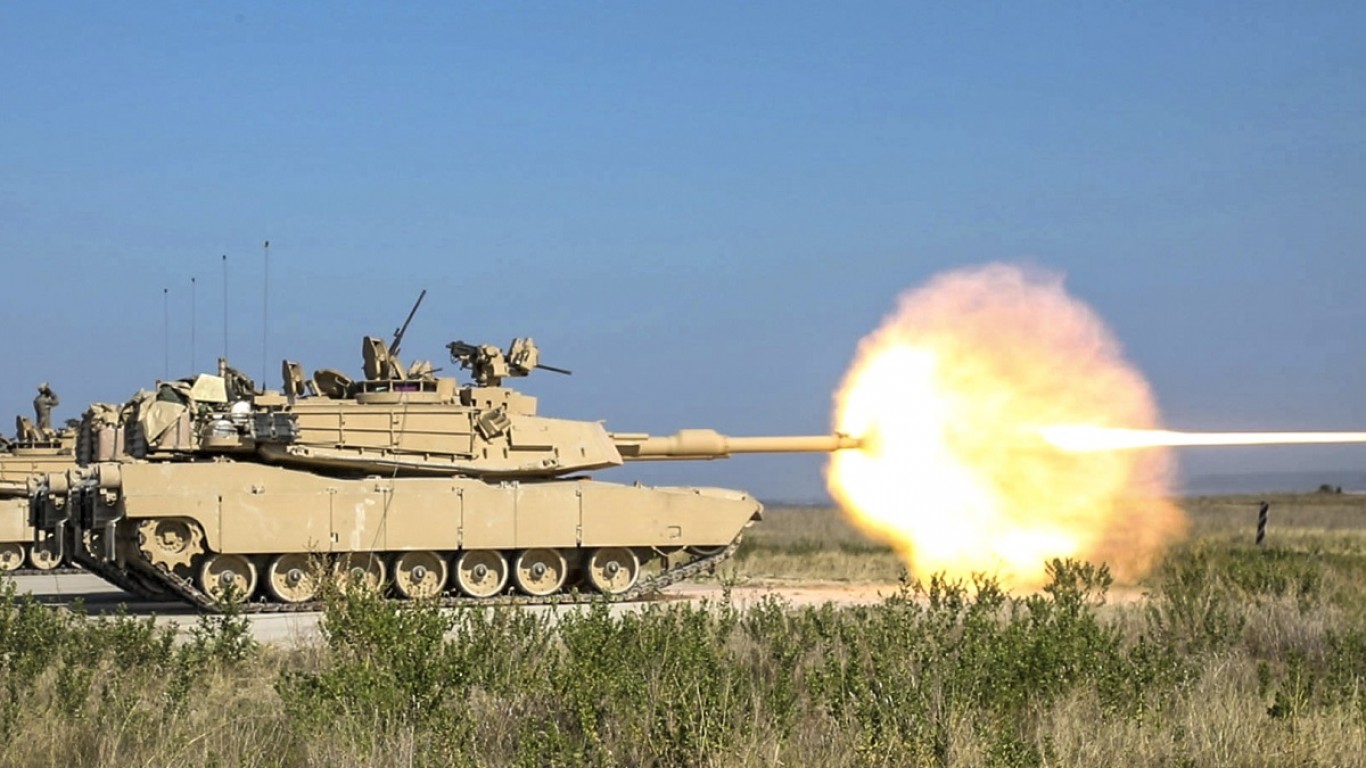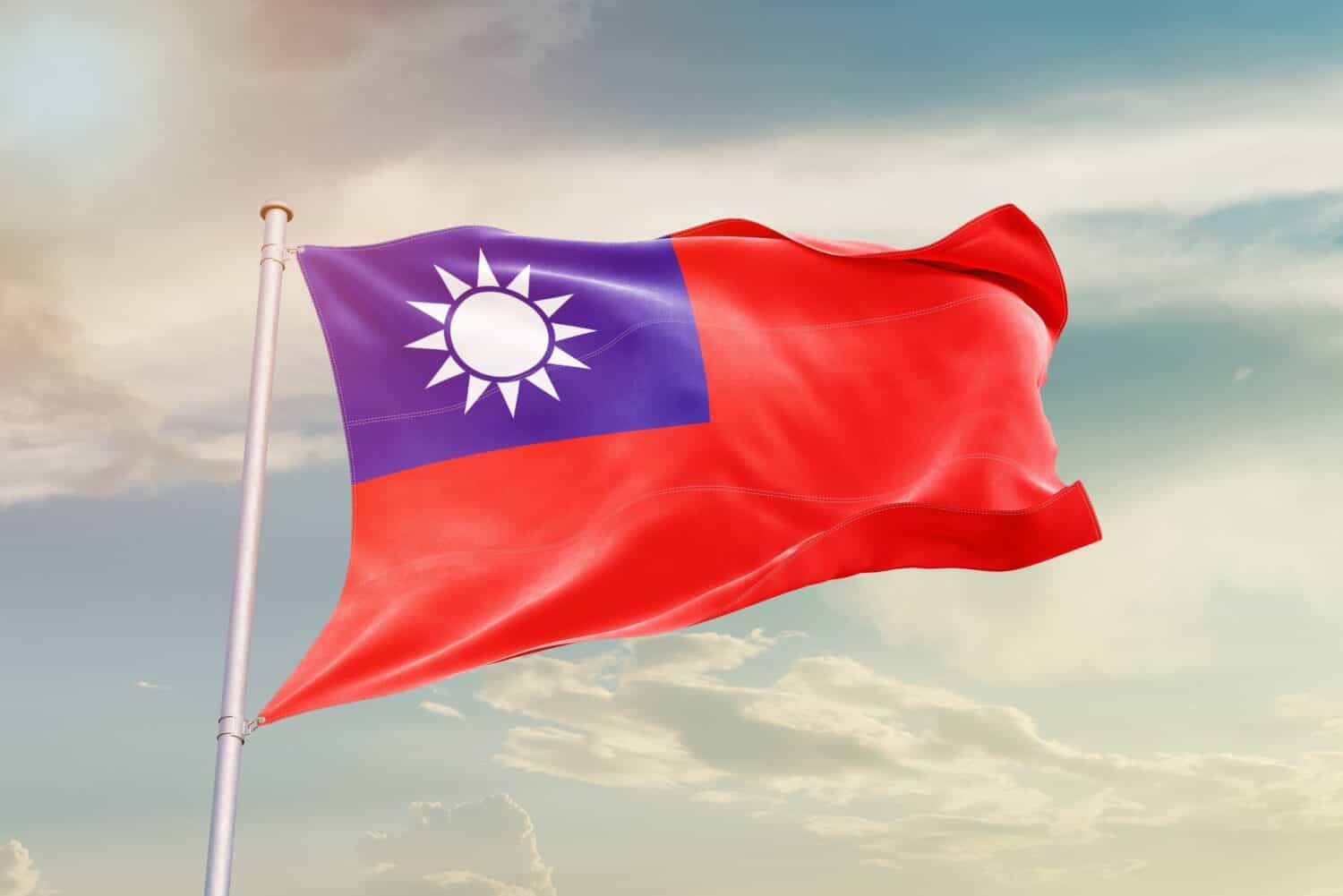
Domestic concerns typically dominate American presidential elections but the outcome always has a global effect. Taiwan isn’t likely to feature prominently in any candidate’s campaign speech but it’s an issue that will come up within the next presidential term. As China strengthens its military, American interests in the region will be tested. The choice made by the American public in November 2024 may well determine what happens in Taiwan from 2027 onward. This article will look at one possible outcome: what a Trump victory will mean for Taiwan.
Why This Matters
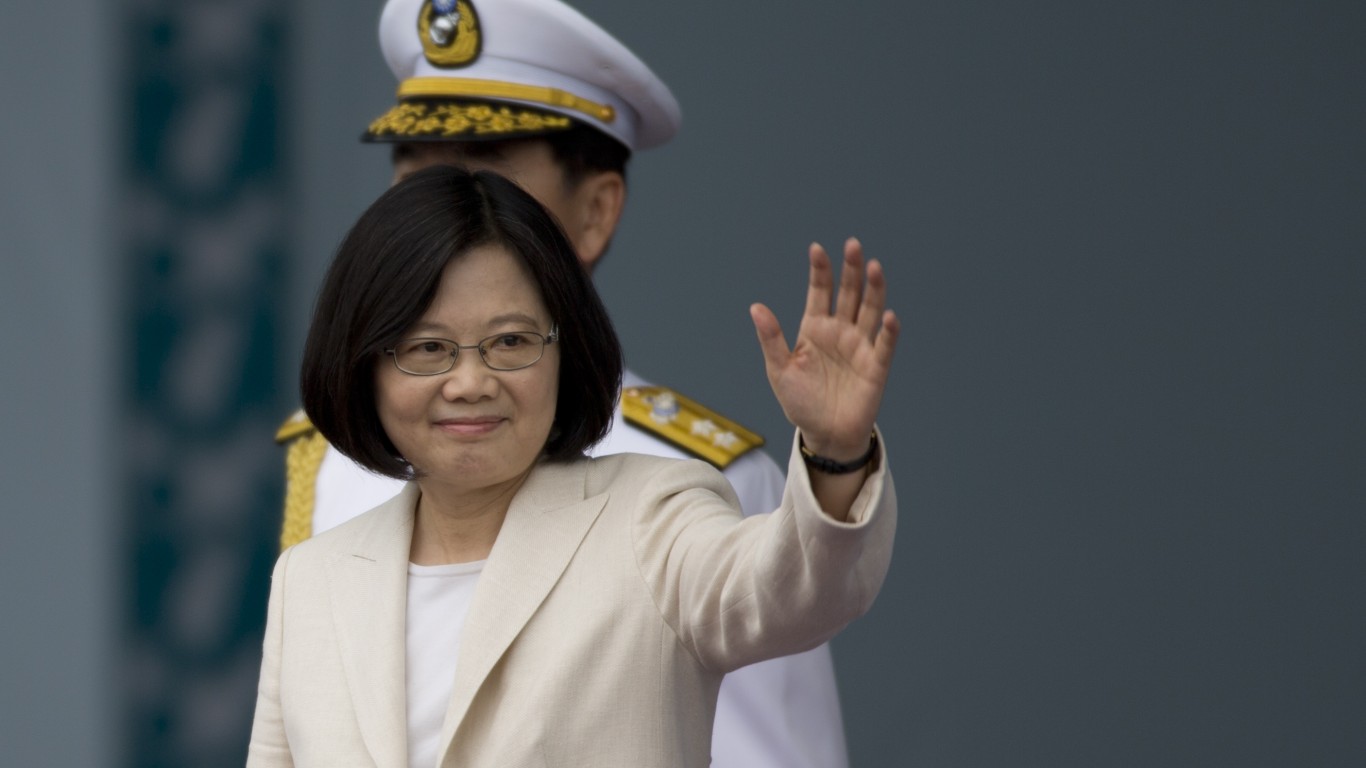
China sees Taiwan as a separatist province that must be returned to the fold, by force if necessary. The People’s Liberation Army (PLA) doesn’t yet have the capability to take Taiwan but that may soon change. The long-standing policy of strategic ambiguity may have outlived its usefulness. It will be up to the next president to shape American policy in the Taiwan Strait.
Historical Context
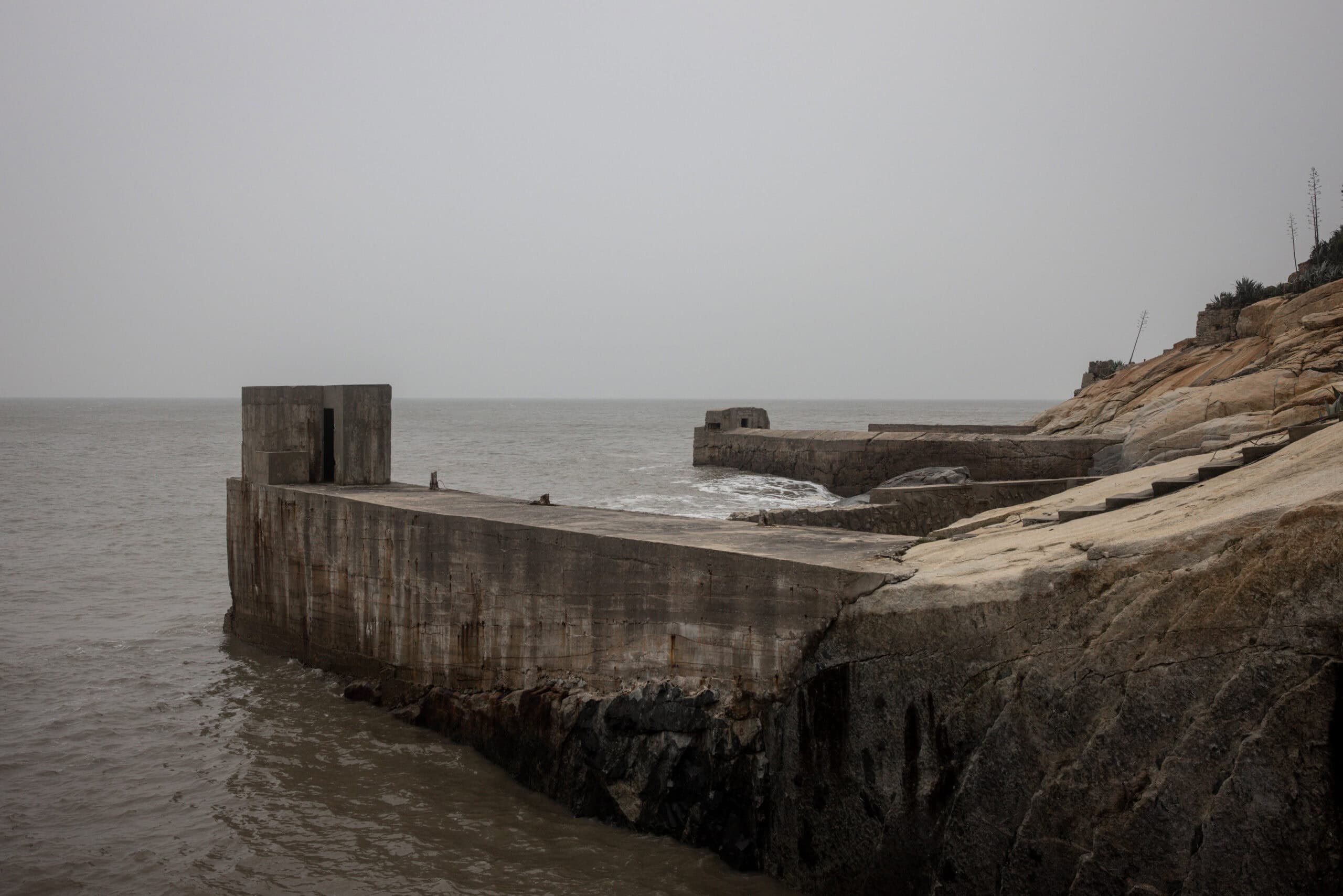
The Chinese Civil War ended in 1949 with the defeat of the nationalist side and the creation of the People’s Republic of China. Chiang Kai-shek’s toppled regime fled to nearby Taiwan to establish the Republic of China. The Eisenhower administration passed the Formosa Resolution in 1955, granting the president the authority to defend Formosa (Taiwan).
The United States refused to recognize the People’s Republic of China for 30 years. As far as Washington (and most of the world) was concerned, Chiang Kai-shek was the leader of the “real” China. That perception changed in the 1970s.
In 1971, the UN switched recognition from Taipei to Beijing, and relations between Beijing and Washington warmed significantly. The United States accepted Beijing’s “One China” policy in 1972 and finally recognized the People’s Republic of China in 1979. However, the US did not wholly abandon Taiwan. The Taiwan Relations Act – still the cornerstone of American policy today – passed at the same time as the shift in recognition toward Beijing. The act outlines American policy toward Taiwan’s security:
…the United States shall make available to Taiwan such defense articles and defense services in such quantity as may be necessary to enable Taiwan to maintain a sufficient self-defense capacity as determined by the President and the Congress.
It’s unclear if the United States would come to Taiwan’s aid if China invaded but there is precedent for American presidents aiding Taiwan. In 1996, the Clinton administration sent a carrier group to the Taiwan Strait as a show of force in response to weapons tests carried out by Beijing. The United States’ opaque position toward the China-Taiwan question is deliberate. Strategic ambiguity has been the American position for decades. However, the Chinese military build-up may require a more assertive position. This will be a question the next President of the United States may have to answer in their next term.
Trump and Taiwan
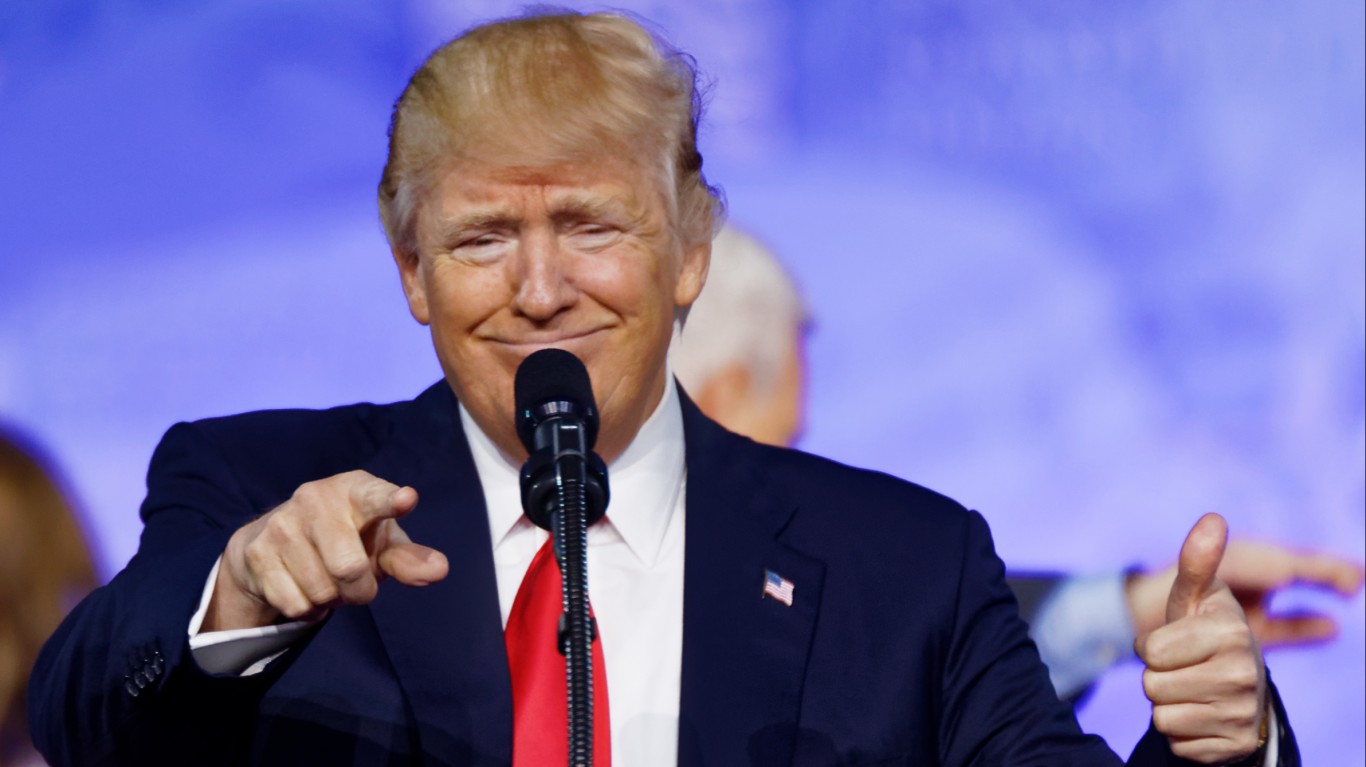
Donald Trump is not a particularly popular figure in most countries. However, he was quite well-regarded in Taiwan during his term and favored over Joe Biden in 2020. As President-elect In December 2016, he broke with protocol to personally congratulate Tsai Ing-wen on her electoral victory. Keith Krach, the Under Secretary for Economic Growth, Energy, and the Environment, and Alex Azar, Secretary of Health and Human Services, both visited Taiwan in 2020. They were the highest-ranking American officials to visit Taiwan in decades.
More recent comments on the campaign trail suggest Trump’s outlook toward Taiwan has hardened. He spoke critically of Taipei’s dominant global position in semiconductor manufacturing and not paying enough for its defense. Additionally, he refused to say if the United States would come to Taiwan’s aid if China launched an invasion.
Political Considerations
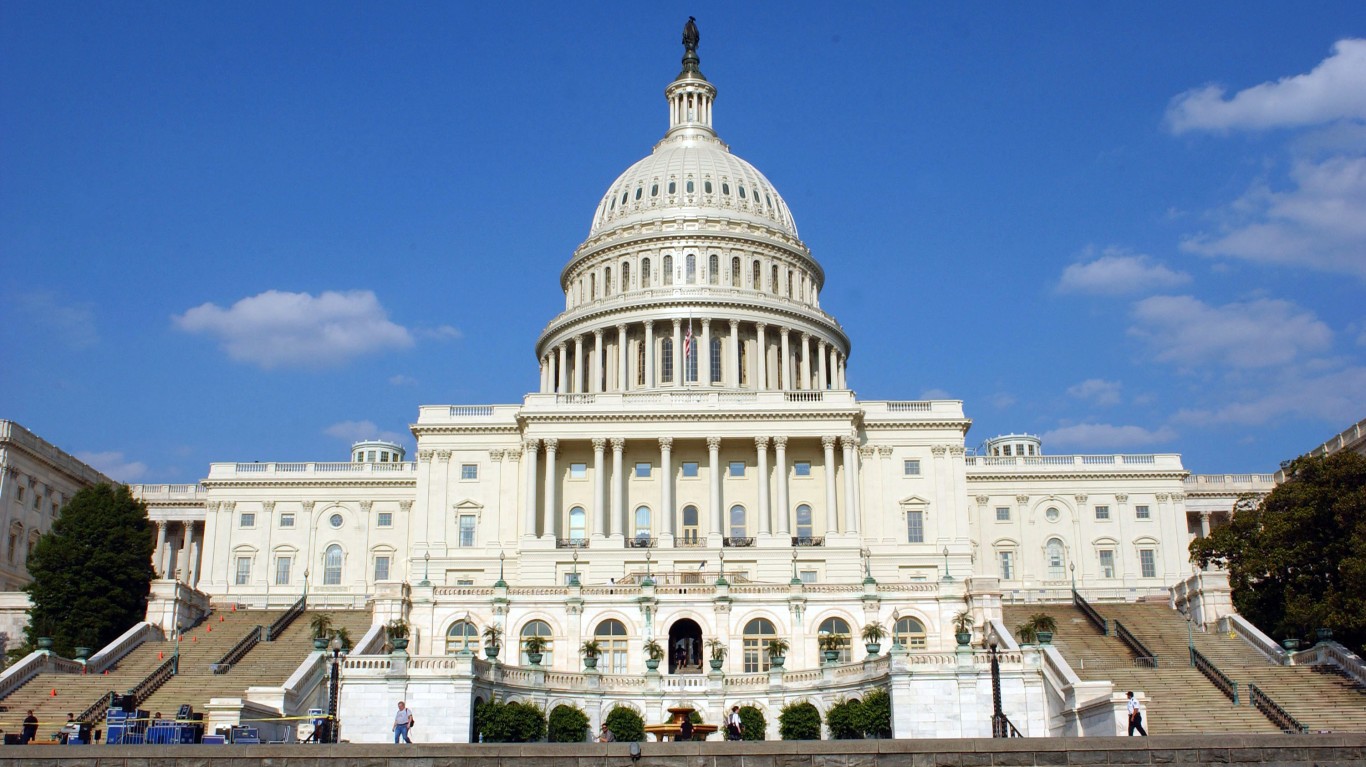
In November, the American people won’t just choose their next president. The election will also determine control of the House of Representatives and the Senate. The narrow Republican majority in the House is under threat but retaking the Senate looks likely. West Virginia will flip to the Republicans and the GOP will fancy their chances in Arizona, Michigan, Nevada, and Ohio.
Trump struggled to get legislation through in his first term, even with the trifecta from 2017-19. A second Trump term probably won’t fare much better. However, there is broad bipartisan support for Taiwan. If he wishes to sell arms to Taiwan, there should be enough willing Democrats to cut a deal. If Trump seeks to distance the United States from Taiwan, he will find members of his own party in opposition. Michael McCaul, Chairman of the House Foreign Affairs Committee, took a bipartisan delegation to Taipei in May 2024:
Taiwan is a thriving democracy. The U.S. will continue to stand by our steadfast partner and work to maintain the status quo across the Taiwan Strait.
Another key factor to consider is Trump’s running mate. As Vice-President of the United States, JD Vance could be the tie-breaking vote in the Senate. Moreover, with Joe Biden pulling out of the 2024 election, Trump will be the oldest presidential candidate in American history. Vance may well ascend to the presidency before Trump’s second term. Vance outlined his position on Taiwan in an interview with the New York Times in June 2024:
Our policy effectively is one of strategic ambiguity. I think that we should make it as hard as possible for China to take Taiwan in the first place, and the honest answer is we’ll figure out what we do if they attack. The thing that we can control now is making it costly for them to invade Taiwan, and we’re not doing that because we’re sending all the damn weapons to Ukraine and not Taiwan.
The Porcupine Strategy And Deterrence
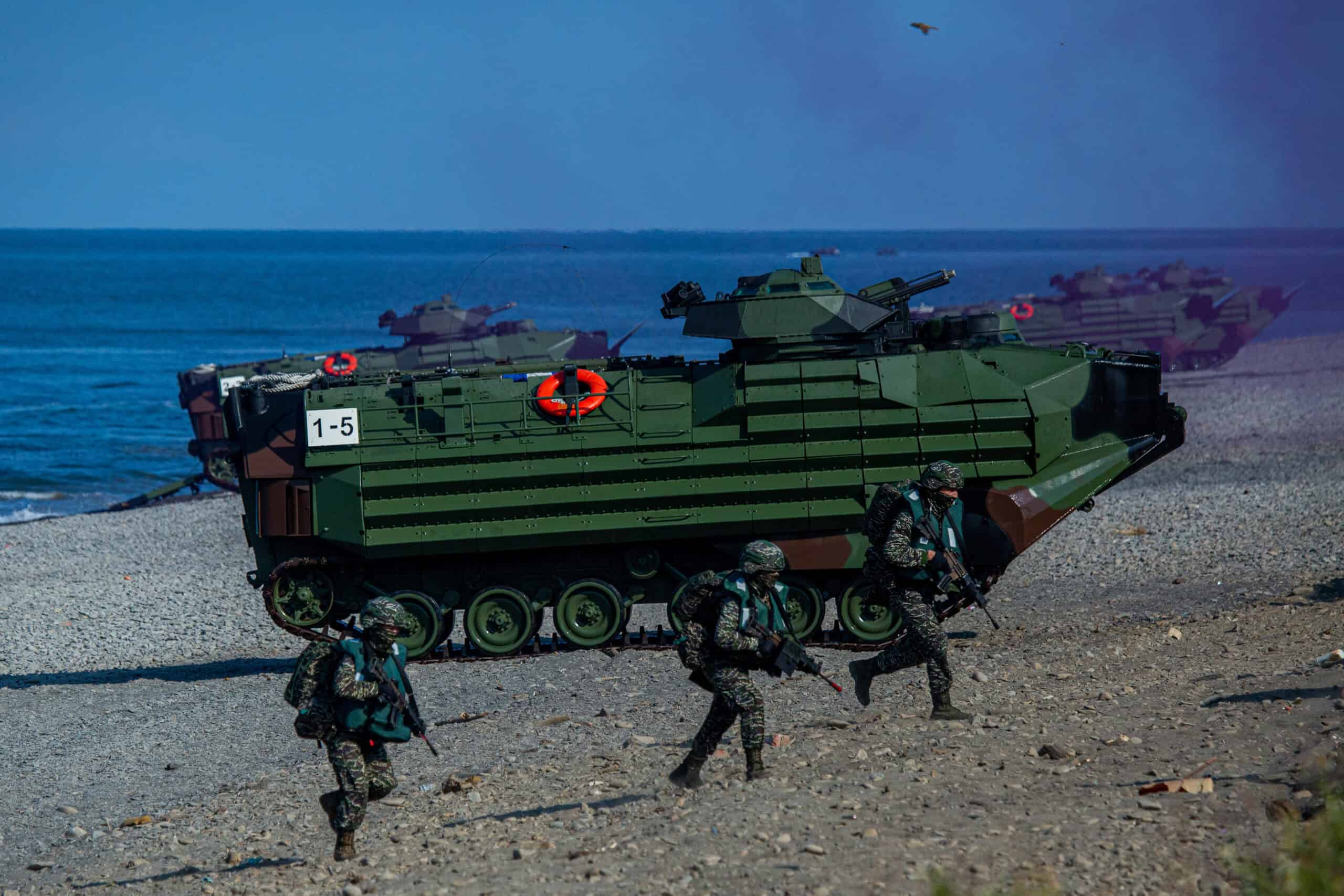
Taiwan’s military is no match for China’s but geography is a huge force multiplier in Taiwan’s favor. The island is a natural fortress with only a few viable landing sites. Taipei is well aware of these “Red Beaches” and frequently runs training exercises on them. Taiwan’s defensive doctrine is sometimes referred to by American and Taiwanese strategists as the ‘porcupine strategy.’ In essence, it is a defensive posture that uses multiple layers of low and high-tech defenses to inflict great pain on an invading foe. Taiwan would seek to hold the PLA at bay long enough for the United States to intervene. The approach works with the strength disparity with China but its main shortcoming is its passive nature.
For the United States, the primary goal is to make an invasion so costly and daunting it won’t be attempted in the first place. For decades, dispatching a carrier group to the Taiwan Strait as a show of force would suffice. However, Beijing has invested heavily in invested heavily in anti-access and aerial denial (A2/AD) munitions. So-called “carrier killer” missiles could keep the US Navy at arm’s length and limit Washington’s options for intervention. Deterrence requires credibility and if China detects a lack of will from the Trump administration to defend Taiwan, it may well launch an attack.
Strategic ambiguity has allowed the United States to enjoy the best of both worlds for several years but that approach may no longer be viable. At minimum, Taiwan needs to increase its defense spending and the United States needs to increase its military support. Because Beijing takes such a dim view of any statement in support of Taiwan, diplomatic options will be limited.
Conclusion

A Trump victory will probably not immediately impact Taiwan but if tensions between Beijing and Taipei continue to rise, a revision of the strategic ambiguity policy may be needed. Deterrence remains the goal for Taiwan and the United States but it will be difficult to maintain the status quo without substantial investment in Taiwan’s defenses. Trump’s base reluctance to send military aid abroad could embolden Beijing but equally, his unpredictability may stay China’s hand. Taking Taiwan will be a difficult mission for the PLA but if China is ever moved to make the attempt, American policy has failed.
Take Charge of Your Retirement In Just A Few Minutes (Sponsor)
Retirement planning doesn’t have to feel overwhelming. The key is finding expert guidance—and SmartAsset’s simple quiz makes it easier than ever for you to connect with a vetted financial advisor.
Here’s how it works:
- Answer a Few Simple Questions. Tell us a bit about your goals and preferences—it only takes a few minutes!
- Get Matched with Vetted Advisors Our smart tool matches you with up to three pre-screened, vetted advisors who serve your area and are held to a fiduciary standard to act in your best interests. Click here to begin
- Choose Your Fit Review their profiles, schedule an introductory call (or meet in person), and select the advisor who feel is right for you.
Why wait? Start building the retirement you’ve always dreamed of. Click here to get started today!
Thank you for reading! Have some feedback for us?
Contact the 24/7 Wall St. editorial team.
